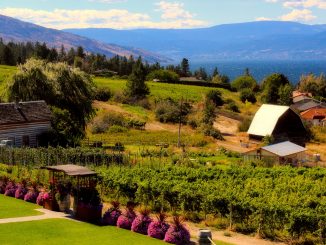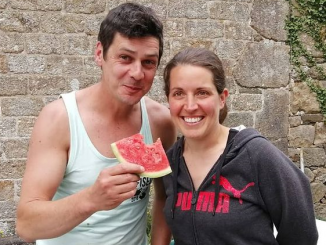
A round up of milk crisis news as supplied by the European Milk Board. #MilkCrisis
France/Spain/Italy/Portugal
In the lead-up to the extraordinary Agriculture Council on September 7 in Brussels, the Agriculture Ministers of the 4 countries have presented proposals regarding the dairy sector.
However, the proposals put forward questionable measures as they do not aim to reduce overproduction. Rather they hope to raise the intervention price (without a parallel reduction in volume), to expand storage of cheese and to forward farmers the 2016 aid payments in October 2015. Unfortunately, it seems that the Agriculture Ministers are looking to sidestep a reduction in surpluses in times of crisis on September 7 as well.
This makes the milk producers’ demonstration on September 7 in Brussels that much more important and it must clearly demand that surpluses be curtailed.
France
According to a survey, almost 80% of French milk producers believe that dairies will not actually pay farmers the minimum price of 34 cents/litre agreed on in July. Only 12% believe that this agreement will be effective.
Further information (in French)
Ireland
Irish producers gathered in front of the European Commission Representation in Dublin to demand a guaranteed appropriate income for farmers.
Further information
UK
Protests in the UK are not ending soon. Many producers have demonstrated against the falling milk prices in the past week as well. For example, in front of Adams Food in Leek. Dozens of producers drove there with their tractors and blocked the entrance.
Further information
After numerous protests by FARMERS FOR ACTION at their supermarkets and distribution centres, Morrisons has agreed to meet with producers. Farmers want to discuss the low milk prices with companies.
Spain
In a protest action late last week in Santander against the falling milk prices, producers handed out 1000 litres of milk to consumers for free. They are meeting with members of parliament from different parties on Monday, August 31 in Cantabria to urge them to negotiate higher milk prices.
Further information (in Spanish)
Germany
– Kiel commodity stock for milk drops to new multi-year low. Further information (in German):
– The BDM relay rally (German)
The relay rally ended on 1 September in Munich. Please find below an excerpt from the press invitation to the large BDM demonstration in Munich (31 August 2015) :
BDM relay participants reach Munich tomorrow – Large demonstration at Odeonsplatz square
The Bundesverband Deutscher Milchviehhalter BDM e.V. has been drawing attention to the dire situation of dairy herders in different regions of Germany through a relay rally along different routes through Germany, which began on August 24. They have also organised a number of actions to highlight the losses suffered by milk producers and the rural sector at large due to the passiveness and attitude of denial shown by Agriculture Minister Christian Schmidt (CSU) as a representative of the current government.The relay rally ended September 1 in Munich with a large demonstration in Odeonsplatz square. “Now is the time to ensure that a market turnaround is hastened through appropriate measures, so that the market, and thus prices, can recover as quickly as possible. We have elaborated a proposal with a whole package of interdependent crisis measures that must be tackled at European level. This is what Minister Schmidt and party chairman Horst Seehofer have to back,” explained BDM President Romuald Schaber.
New Zealand
The price collapse in the dairy sector has also led to lower faith in the agricultural sector in New Zealand. The price for milk powder has fallen by 60% since February 2014 – the Central Bank believes that the financial stability of the dairy sector is in peril. Further information





